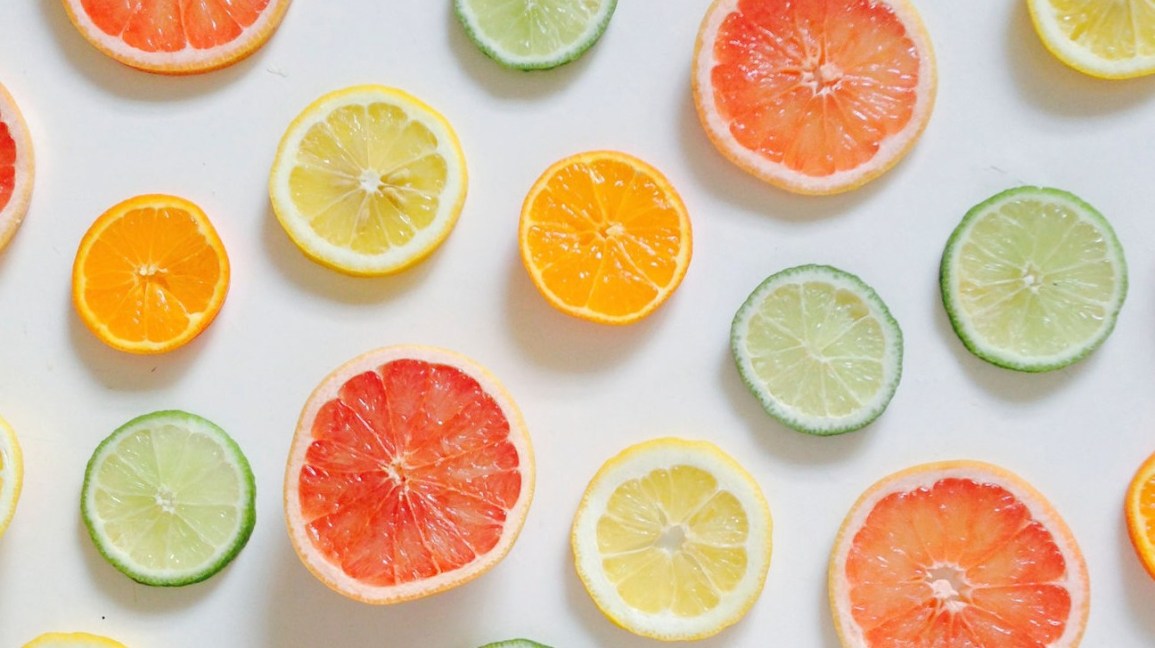Healthy Aging with Natural Collagen
We all know the term ‘aging gracefully’. However, the social pressures on us to look younger for longer are high. There are lots of expensive cosmetics, surgical procedures and miracle cures out there claiming to smooth the skin, rub away those wrinkles or reverse aging but what goes into these cures isn’t always safe, can be full of toxins and even painful. So are there any natural solutions to healthy aging?
The first thing we need to understand is how we age. Collagen is a protein found in our connective tissues with approximately 75% in our skin and around 30% in our bodies such as cartilage and tendons. Although there are four types of collagen found in our bodies, it is Type I that is associated with aging as it is present in our skin, ligaments and bones. Type I collagen helps to provide the firmness and elasticity in our skin but as we get older collagen production declines causing joint pain, sagging skin and wrinkles! Lifestyle factors also play their part – smoking, too much sun exposure and diets high in sugar all contribute to lowering collagen levels.
Collagen is made up of 19 different amino acids with the most important amino acids lysine, proline, glycine and glutamine. To keep your skin supple and firm and your joints in good condition we need to increase the collagen in our diet. The good news is we can get these essential nutrients needed for collagen production from food and natural supplement sources.
Fresh foods
Chicken and meat are rich sources amino acids lysine and proline. Fish provides glycine and proline. Eggs also contain mostly Type 1 collagen. Wheat germ is a plant based source of proline. Orange coloured vegetables such as carrots and sweet potatoes are rich in vitamin A which helps to restore and regenerate collagen. Berries such as raspberries and blueberries help to scavenge free radicals which cause aging skin whilst helping to increase collagen levels. Lycopene found in red veggies like tomatoes and beetroot also boosts collagen.
Bone broths
The process of simmering beef or chicken bones over a long period of time breaks down the collagen in the bones converting it into gelatin. Gelatin is a potent form of dietary collagen as it not only helps to halt aging skin but its anti-inflammatory properties are great for soothing our digestive tract and helping to maintain healthy joints.
Collagen and gelatin supplements
Collagen peptides (hydrolysates) and gelatin are available in a powdered supplement form. Both have similar amino acid profiles, however the main difference between the two is that peptides are enzymatically hydrolyzed using a water process. This means that enzymes were used to break the gelatin protein down into smaller molecules which results in a product that does not gel in cold liquids and one that is also faster digested due to the fact that it is already partially broken down. Most peptides are sourced from bovine (cow) hides, bones and muscles which are rich sources of Type I collagen. Studies have confirmed that consuming collagen in the form of a hydrolysate will significantly improve skin elasticity. Research also shows that hydrolysates are well absorbed into the intestines and accumulate in the cartilage helping to prevent gut and joint inflammation. Vegetarian collagen is also called marine collagen and is sourced from the fibrous protein from fish scales and skin.
It is important to note that we need vitamin C in our diets to convert the collagen into useful forms of amino acids which our body can absorb. Natural food sources rich in vitamin C include spinach, kale, oranges, capsicum, broccoli and kiwi fruit. Vitamin C is also available in supplement form.
So give those ‘miracle’ creams the flick and stick to a diet of fresh foods, bone broths and natural supplements and you will be ‘the fairest of them all’!

